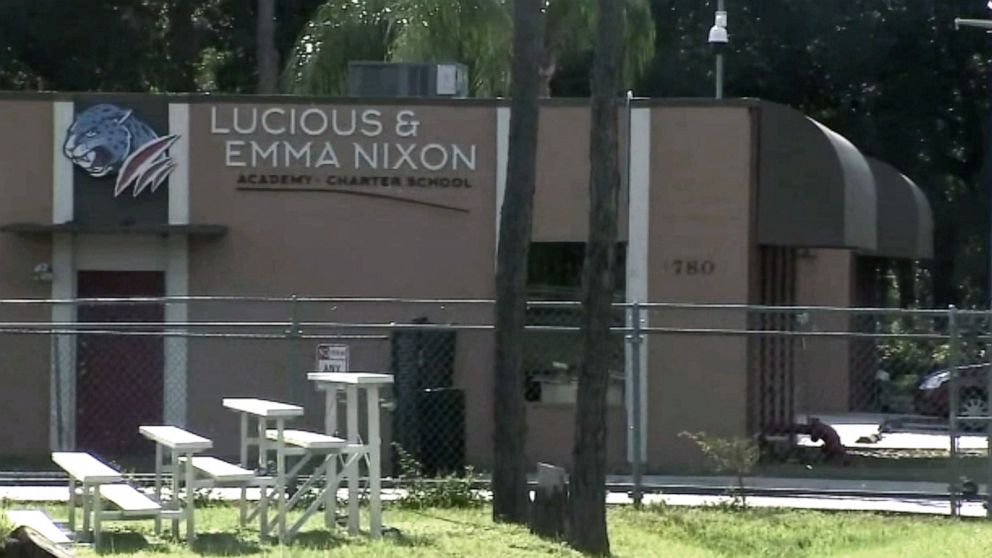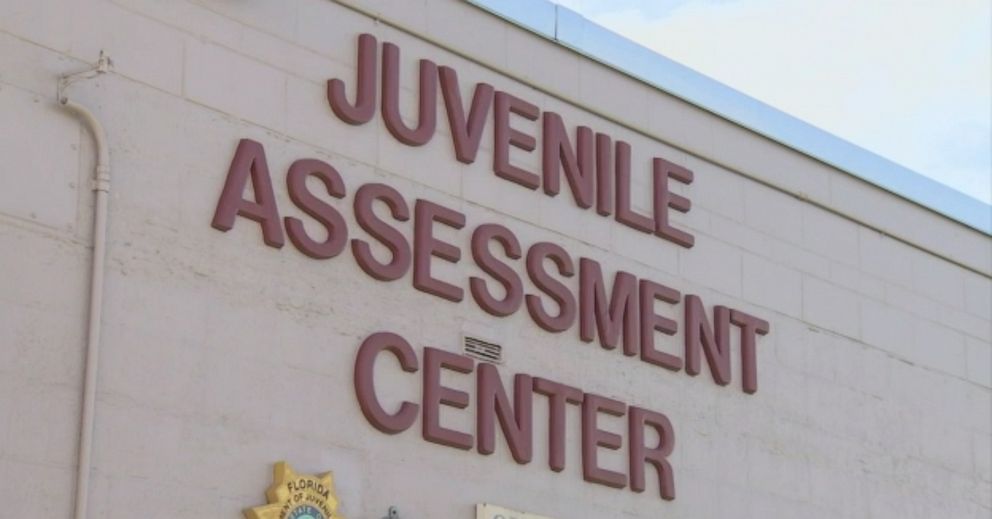6-year-old's arrest raises questions about school discipline and behavioral disorders
“Many children with problem behaviors go underdiagnosed," an expert says.
Reports of two 6-year-olds being arrested at school in Florida -- including one for throwing a temper tantrum -- came as a shock to many recently.
Last week, we learned that the arresting school resource officer was fired, but why was a 6-year-old arrested in the first place?
Experts say that one of the issues is that many children have undiagnosed behavioral problems that are mistaken for misbehaving.
“Many children in schools with problem behaviors go underdiagnosed. Many are not just misbehaving, they may have an actual behavioral disorder,” Dr. Howard Taras, Professor of Pediatrics at the University of California, San Diego, and medical consultant to several school districts, said in an interview with ABC News.

One of the children arrested has sleep apnea. According to her grandmother, the girl was acting out as a reaction to poor sleep. Sleep apnea is a known risk factor for behavioral problems, but there were no reports the girl had a behavioral disorder.
“Behavioral disturbances in children are very common,” said Dr. Victor Fornari, Vice Chair for Child & Adolescent Psychiatry at Northwell Health in an interview with ABC News. According to the CDC, 1 in 6 children between age 2 and 8 in the U.S. have a diagnosed mental, behavioral, or developmental disorder.
“Children with these disorders may be perceived as lazy or willfully oppositional rather than as having neurocognitive deficits,” said doctors Celiane Rey-Casserly, Laura McGuinn, Arthur Lavin in a clinical report for the American Academy of Pediatrics, published last Monday.
Kids with behavioral disorders are more likely to be disciplined. “Any child with any kind of difficulty, whether it’s a learning difficulty or fine motor issue, they are more vulnerable as individuals,” says Fornari. “They could be bullied by peers or victimized by adults. We hope that recognizing them as vulnerable would lead to them being more protected, but often that is not the case.”
According to a U.S. Department of Education report, while students with disabilities make up only 12 percent of the enrolled population, they make up 28 percent of the students who are arrested at school or referred to law enforcement, according to data from the 2015-'16 school year.

Children with behavioral disorders can show a range of troubling behavior, including aggression, obstinance and running away. These behaviors are, understandably, challenging for teachers and school staff to address.
“If the child is consistently acting out during a particular subject, such as math” that can be a sign that further testing is required said Dr. Yi Hui Liu, Section Head of Developmental-Behavioral Pediatrics at the University of California, San Diego.
Moreover, “children who were successful in the prior year but not in the current year could have a learning issue,” said Liu. She also asks, “Is there a family history of a learning disability? If so, this would increase concern for a learning disability.”
A greater proportion of children living below 100 percent of the federal poverty level have mental, behavioral, or developmental disorders, according to the CDC. Unfortunately, these children often attend underserved schools, and “the lack of resources in underfunded schools causes disparities in helping children with developmental issues in those areas,” says Cecelia Rhodus, a developmental and behavioral health fellow at the University of California, San Diego.
“If a child is having a behavioral problem in school, we have to understand why. Where is the problem coming from? We can’t just react to the behavior,” said Liu.
Some specialists said a lack of proper training for school staff may have led to the improper arrest of a child in Orlando. The officer in that case broke departmental policy by not getting supervisor approval to arrest a child under 12, the Orlando police chief said.
“When a child is out of control, unless the staff member is trained to de-escalate, the staff member may also become agitated. Then you see what we saw in Orlando with an excessive and punitive response,” said Fornari.
So how should staff be trained?
A 2013 study asserted that "early childhood teachers do not receive sufficient training for handling children’s challenging behaviors." Training and certification for school resource officers and other law enforcement officers who work in school varies by state.
“It would be fabulous if teachers and school staff have training on understanding and managing behavioral issues with kids on an individual and group level,” says Liu. “Certainly the group dynamics can make things more difficult in making sure all the kids are cared for.”
“The goal is to train school resource officers in safe ways to restrain a child without causing excessive harm, said Fornari. "In addition, we want to equip them with skills to verbally de-escalate a child. Kids respond to kindness and support.”
Sejal Parekh, M.D., is a pediatrician in San Diego and a member of the ABC News Medical Unit.




